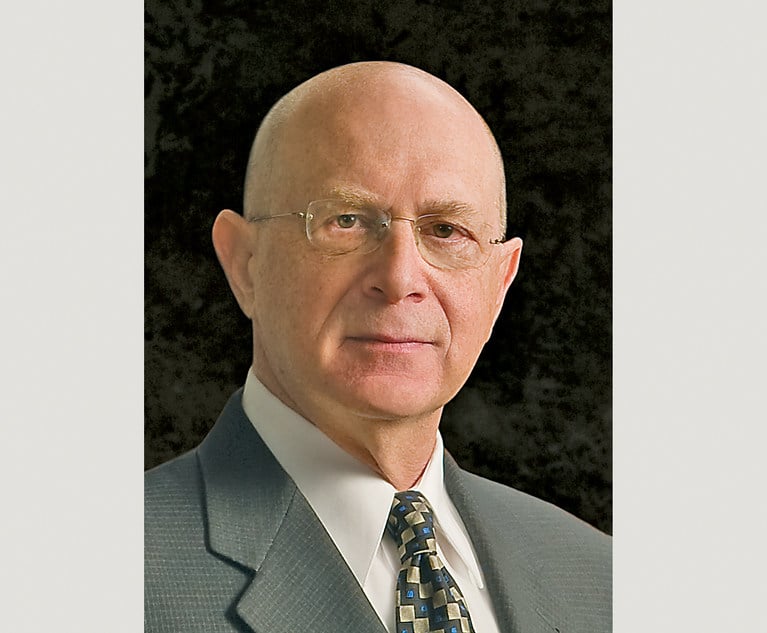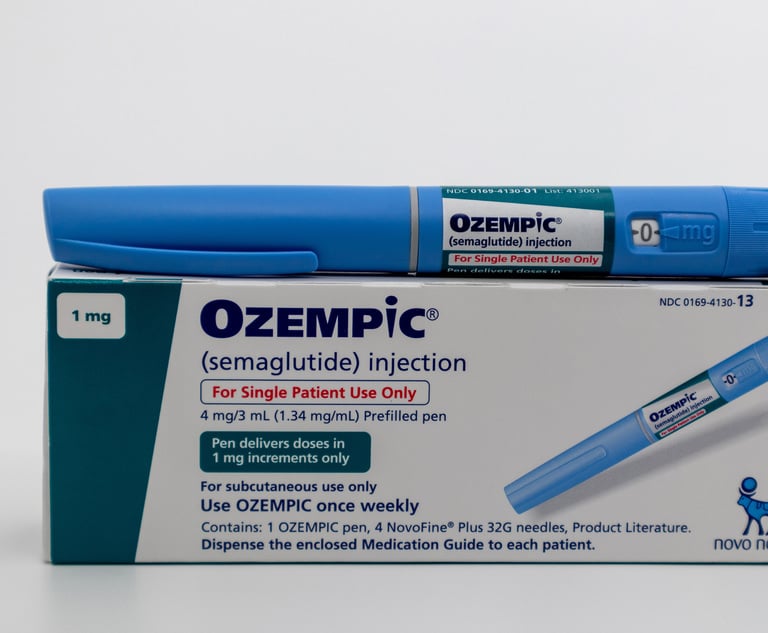In the trial of products liability cases, representing catastrophically injured plaintiffs, counsel often consider the need to test a product and call upon expert witnesses to testify at trial to the safety performance or the inadequacy of a particular product as shown in testing. Long before a party considers running product tests, the legal evidentiary criteria for admissibility must be studied to assure counsel that these often extraordinarily expensive analyses will come into evidence. The admissibility of product tests is often dependent upon the purpose for which the results are being offered at trial. The following is a short list of the factual and legal predicate often proffered for the admissibility of such testing: to reconstruct the injury-producing injury; to illustrate or demonstrate scientific principles relevant to an understanding of aspects of the accident without reconstructing it; to dynamically study the performance of aspects of the product to gauge its safety; or to dynamically study the performance of an aspect of an alternatively designed product to gauge its feasibility or comparative safety. Courts have developed various criteria for allowing or disallowing product testing based upon which of these bases is relied upon.
In Harsh v. Petroll, 840 A.2d 404, 419 (Pa. Cmwlth. Ct. 2003), the appellate court affirmed the exclusion at trial of litigation-sponsored crash testing because these tests were not based on the very same facts of the crash events. The court excluded these tests because they would create jury confusion and prejudice the opposing party. The court noted and other appellate cases employ a distinction—allowing for admissibility—when the tests are intended to demonstrate general principles or other issues not attempting to recreate a specific set of facts in dispute in the case. In Jackson v. Spagnola, 503 A.2d 944, 946-947, n.1 (Pa. Super. 1986), the court admitted crash-test films that were illustrative of the expert’s testimony and not meant to recreate the accident.
This content has been archived. It is available through our partners, LexisNexis® and Bloomberg Law.
To view this content, please continue to their sites.
Not a Lexis Subscriber?
Subscribe Now
Not a Bloomberg Law Subscriber?
Subscribe Now
LexisNexis® and Bloomberg Law are third party online distributors of the broad collection of current and archived versions of ALM's legal news publications. LexisNexis® and Bloomberg Law customers are able to access and use ALM's content, including content from the National Law Journal, The American Lawyer, Legaltech News, The New York Law Journal, and Corporate Counsel, as well as other sources of legal information.
For questions call 1-877-256-2472 or contact us at [email protected]


 Larry Coben, shareholder at Anapol Weiss. Courtesy photo
Larry Coben, shareholder at Anapol Weiss. Courtesy photo




